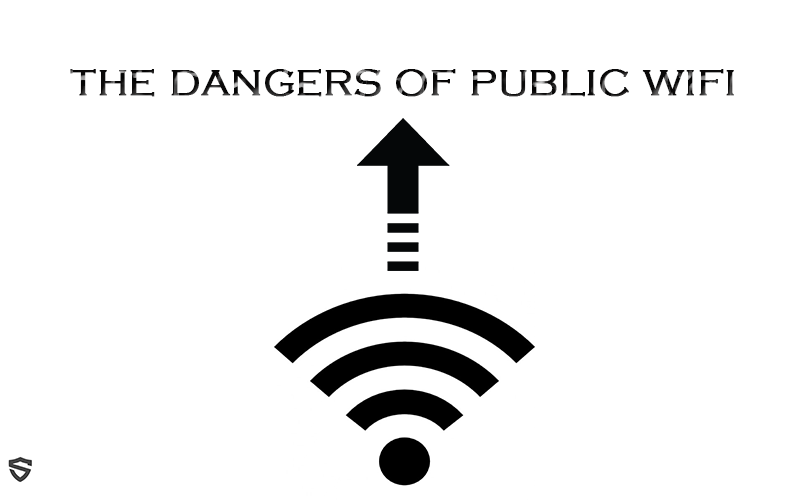When you have your mobile phone with you but don’t want to use your data, what do you usually do? You search for a free and open WiFi connection, and if such is located, you don’t think twice and just connect to it. Does this sound familiar to you? If so, you may be in trouble. And here’s why.
More on Mobile Threats
Have you heard about Mobile World Congress? It is an annual event taking place in Barcelona. During this year’s edition (Feb 22-25), an interesting discovery was presented by Avast. The well-known antiv, has conducted an interesting experiment.
Avast’s Experiment
During the experiment, three open WiFi networks were set up. The whole scenario happens near the Mobile World Congress registration booth located at the Barcelona airport.

To make things more believable, the WiFi sports were named with ‘standard names’ like Starbucks, MWC Free WiFi, and Airport_Free_Wifi_AENA.
What happened? In less than 4 hours, over 2,000 users, mostly Mobile World Congress attendees, connected to the three wireless hotspots. Obviously, users weren’t concerned at all with any security-related issues that may come from connecting to random WiFi networks. However, “With most Mobile World Congress visitors traveling from abroad, it’s not surprising to see that many opt to connect to free Wi-Fi in order to save money, instead of using data roaming services“, as pointed out by G. Singh, president of mobile at Avast.
Have a look at the whole experiment .
Not only were Avast researchers trying to prove a point. They also wanted to show how easy it would be to hack a public wireless. And they did. The team snooped on the three spots’ traffic and disclosed some intriguing results:
- 50.1 percent had an Apple device, 43.4 percent had an Android device, 6.5 percent had an Windows Phone device
- 61.7 percent searched information on Google or checked their emails on Gmail
- 14.9 percent visited Yahoo
- 2 percent visited Spotify
- 52.3 percent have the Facebook app installed, 2.4 percent have the Twitter app installed
- 1 percent used dating apps (Tinder or Badoo)
- From 63.5 percent Avast could see the identity of the device and user
So, the logical question is what to do to retain some level of security while using free WiFi spots. Avast, among other security software vendors, recommend users to install and run a mobile VPN service whenever using the Web via public WiFi. Next time, either do that or just wait until you get access to a safer network.
Share with us, do you use public WiFi?


